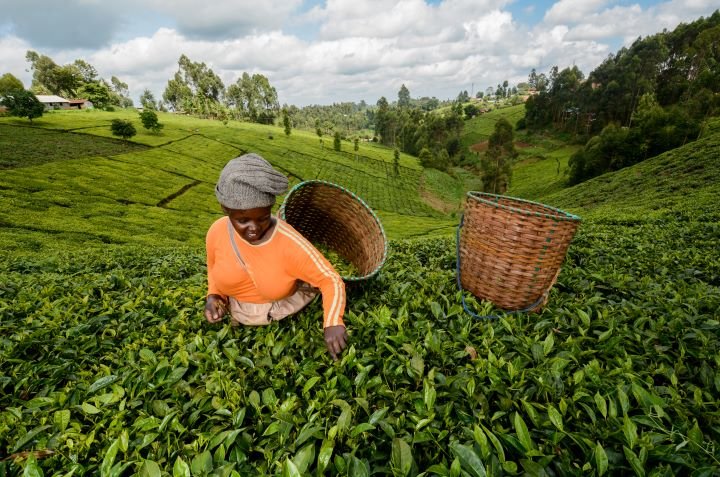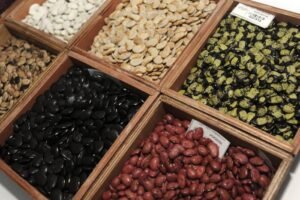By Marion Wagaki, Rootooba, 7 August 2020
Tea processed and manufactured in Kenya for the export market will be sold exclusively at the tea auction floor by November this year, the government announced.
The tea regulation implementation should be fully executed by 28th February 2021 as per the timelines set out in the Crops (Tea Industry) Regulations, 2020, Agriculture and fisheries Cabinet Secretary Peter Munya directed. Some of the implementation timelines given are that by February 2021, no one will act in the Director’s position when having a commercial relationship at the tea factory.
Further, the CS directed that by November 2020, all 2020, all tea processed and manufactured in Kenya for the export market would be for sale exclusively at the tea auction floor while smallholder tea factory companies shall ensure that tea growers are paid at least 50 percent due for green leaf delivered every month within 30 days. The Crops (Tea Industry) Regulations, 2020, came into force on the 22nd May 2020, having gone through all the necessary processes, including stakeholder consultations and public participation.
Munya spoke when he issued implementation timelines on the regulations at Kilimo house. He observed that tall tea sectors had been given ample time -more than two months- to familiarize themselves with the regulatory requirements and create their internal capacity.
‘‘I want to announce now that regulations are ready for implementation and will be followed by a new Tea Act currently before parliament. They are one of the many measures government will implement to reverse the tea sector’s dwindling fortunes and improve the entire value chain,” he said while urging parliament to expedite the tea reforms Act. The CS noted that particular attention should be paid to the provisions allowing the renegotiation and amendment of the current agreements, especially agreements relating to management agents and factories.
Munya said that there were timelines given that would be strictly enforced, with penalties for those failing to comply with the requirements, including suspension and revocation or variations of licenses and registrations. The timelines are on management, manufacturing, buyers and exporters, brokerage and tea auction trading rules.
The CS directed the Agriculture and Food Authority (AFA) to immediately undertake a technical inspection of the newly installed E-Auction system to ensure that the auction is operating consistently with best practices for commodity trading.
The Mombasa Tea Auction, for example, the CS noted, will play a pivotal role in driving forward the reforms as the principal vehicle for market entry and price discovery in the tea industry.
Munya urged all players in the value chain to work together with the government and play their part in these critical reforms saying that tea was too important for the sector to be left to cartels and middlemen.
“The government’s goal, I must emphasize again, is to create an inclusive sector that properly recognizes and rewards the primary stakeholder: the tea farmer. That cannot be achieved under conditions of poor governance and systemic unfairness,” Munya said.







